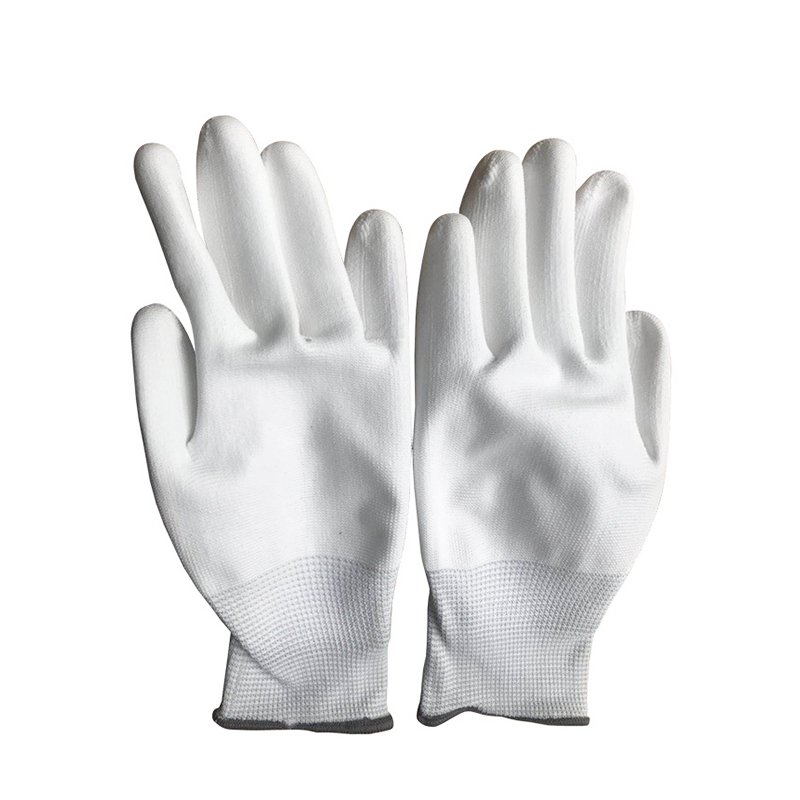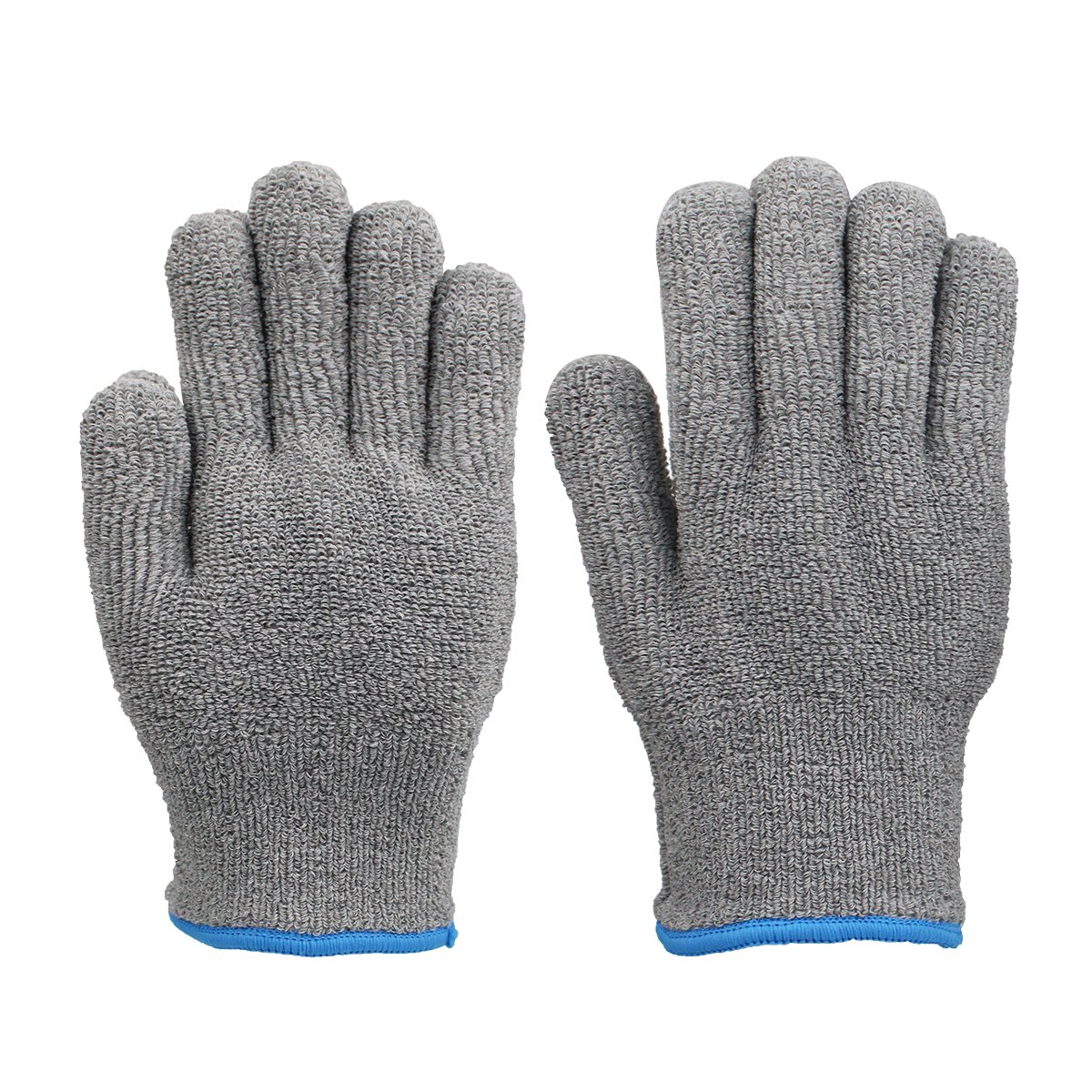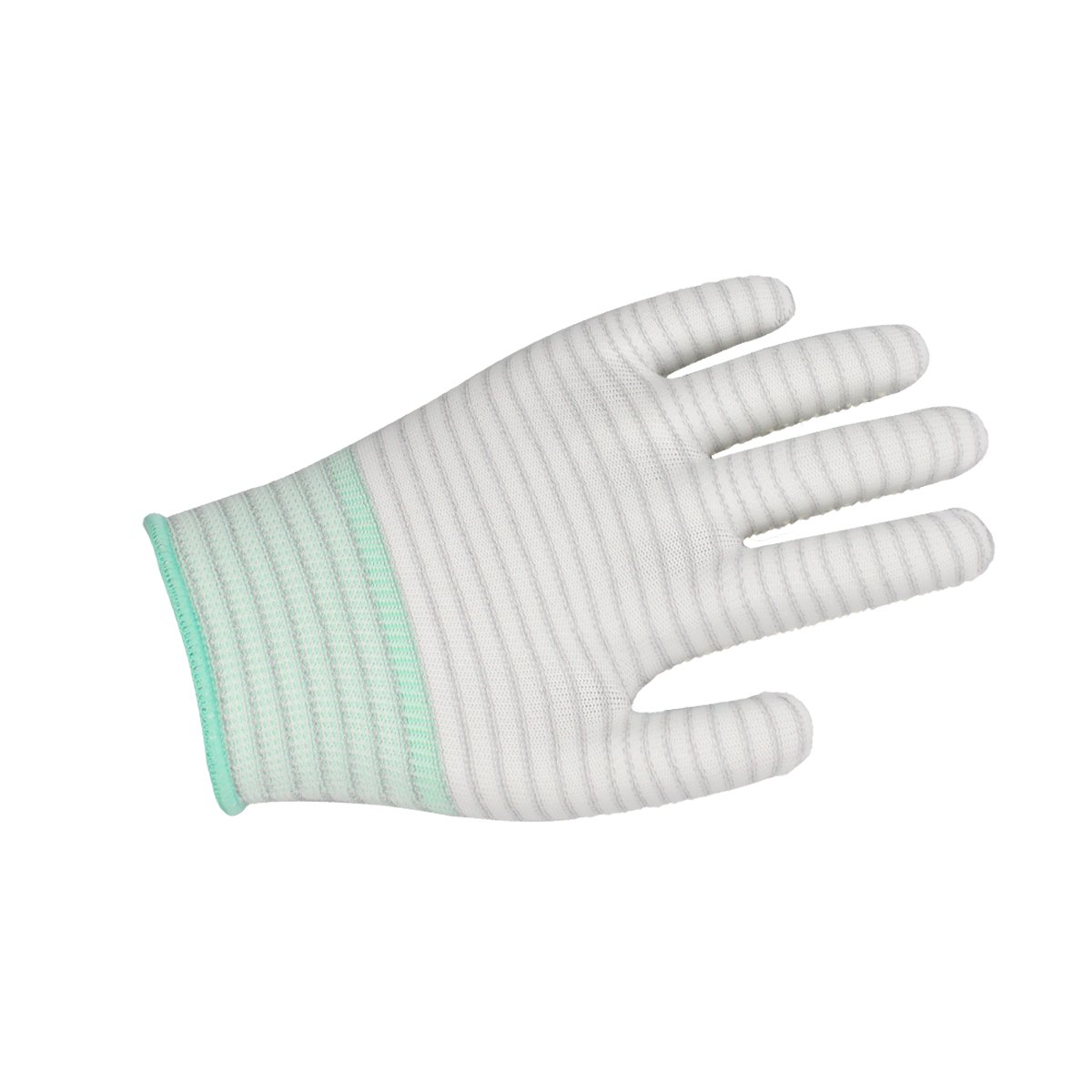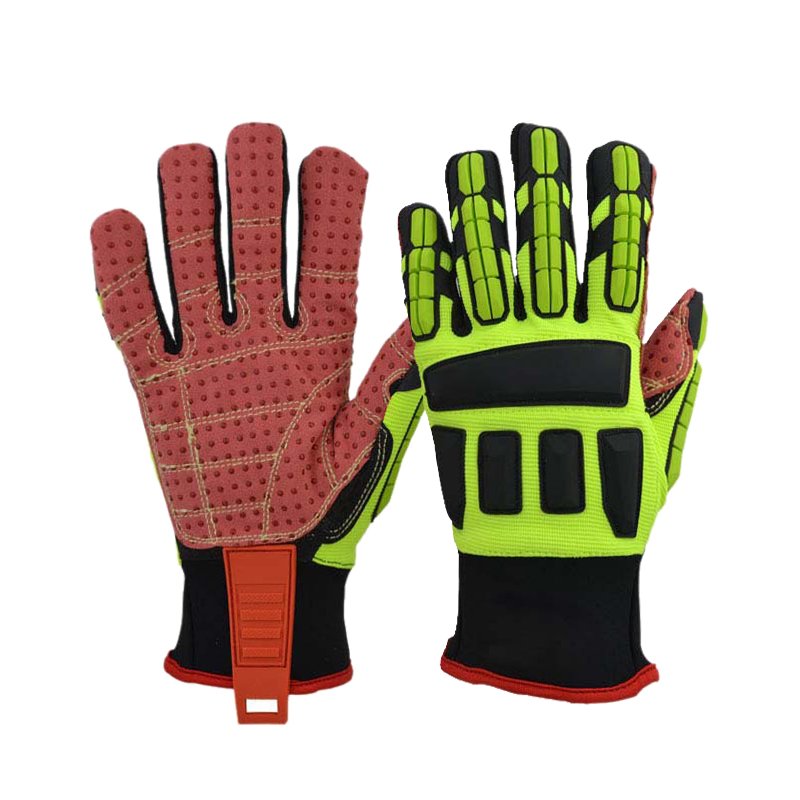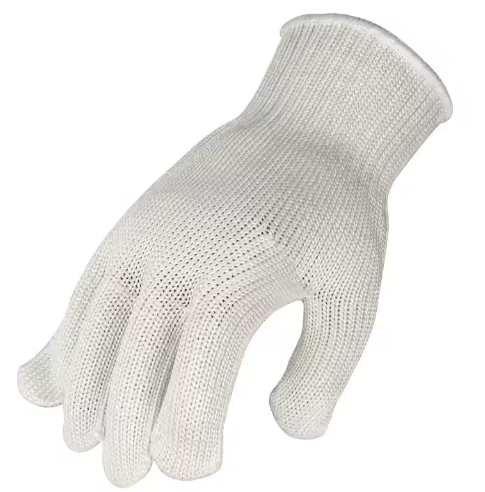Anti-stabbing gloves protect against sharp objects, but their effectiveness depends on the materials used. They are designed for law enforcement, security personnel, and workers handling sharp tools.
Anti-stabbing gloves provide reliable protection against cuts and punctures but are not completely stab-proof. They reduce injury risk by dispersing the force of sharp objects.
Different materials and designs determine their effectiveness. Let’s explore how they work and when they are most useful.
How effective are anti-stabbing gloves according to Reddit users?
Many Reddit users share experiences using anti-stabbing gloves for security and self-defense. Some report that high-quality gloves prevent minor cuts, while others note limitations against powerful stabbing motions.
Users agree that gloves with Kevlar or metal mesh layers offer better resistance. However, they should not be relied upon for extreme threats.
Effectiveness varies based on glove design, material, and intended use. Understanding user experiences helps in making informed decisions.
Cut-resistant gloves: How do they protect against stabbing?
Cut-resistant gloves use high-strength fibers to resist sharp objects. They are commonly used in construction, food processing, and industrial settings.
Cut-resistant gloves protect against cuts but do not always stop punctures or stabs. Their effectiveness depends on the glove’s material and level of resistance.
Cut-resistant glove materials
| Material | Resistance Level | Common Uses |
|---|---|---|
| Kevlar | High cut resistance | Industrial, law enforcement |
| Dyneema | Lightweight, flexible | Food processing, mechanics |
| Metal Mesh | High stab resistance | Butchering, security |
Kevlar gloves: Are they truly stab-resistant?
Kevlar gloves are known for their durability and cut resistance. They are lightweight and offer dexterity while providing protection.
Kevlar gloves reduce the impact of sharp objects but do not fully stop powerful stabs. They are effective for minor cuts and slashes but not for direct puncture resistance.
When to use Kevlar gloves
- Handling sharp tools
- Working with glass or metal
- Security tasks requiring lightweight protection
Puncture-resistant gloves: Do they stop needle attacks?
Puncture-resistant gloves are made with reinforced layers to prevent penetration from needles and sharp objects. They are used in healthcare, security, and industrial work.
These gloves reduce injury risk from sharp objects but are not 100% puncture-proof. Resistance varies based on needle size and penetration force.
Puncture resistance ratings
| Level | Protection Against | Use Cases |
|---|---|---|
| 1 | Small thorns, splinters | Gardening, light work |
| 3 | Larger needles, nails | Security, warehouse work |
| 5 | Industrial sharp objects | Glass handling, law enforcement |
Conclusion
Anti-stabbing gloves provide protection but have limitations. Choosing the right material and resistance level is essential for effective use.


